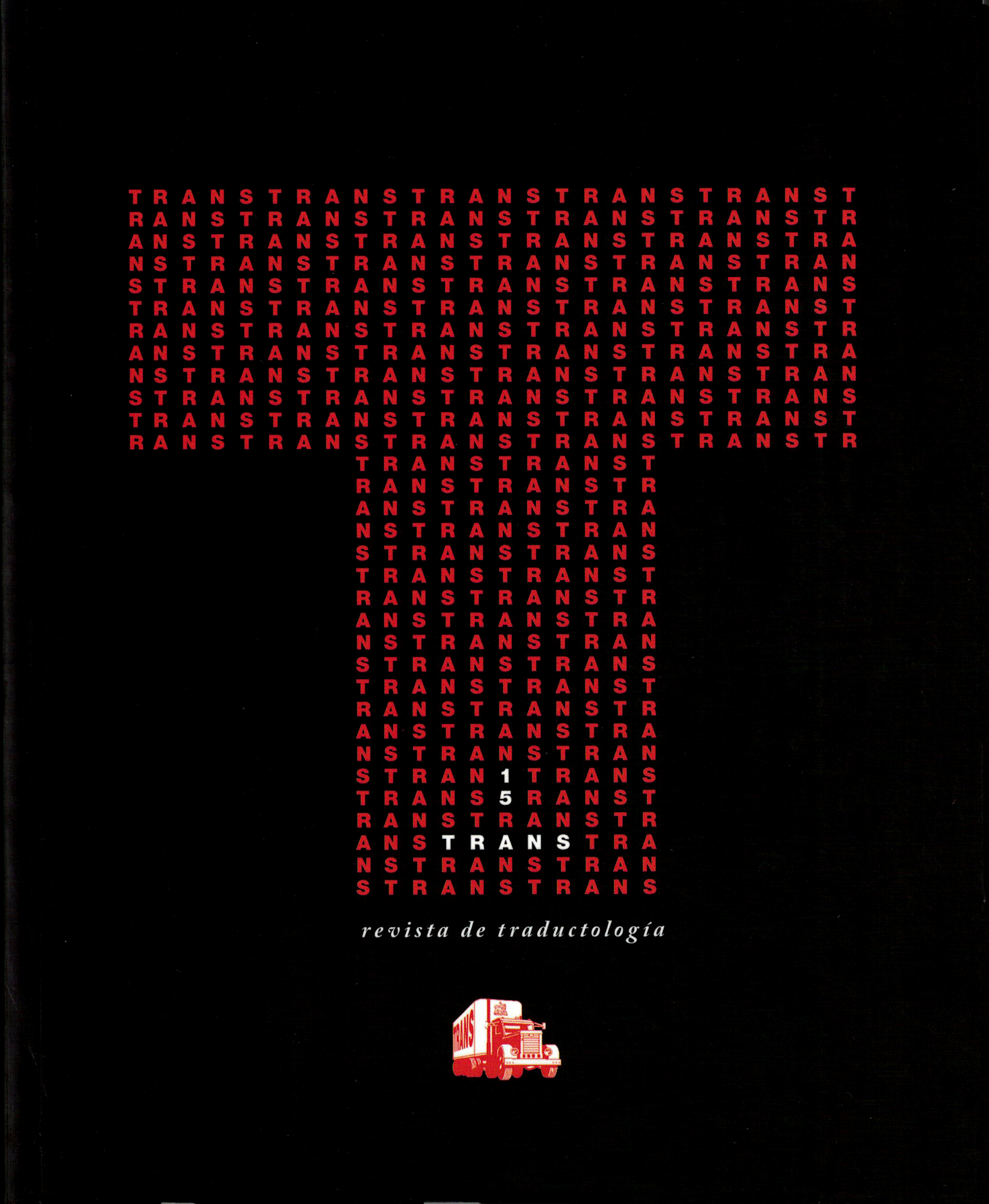A Brief History of Game Localisation
DOI:
https://doi.org/10.24310/TRANS.2011.v0i15.3191Keywords:
video game, history, culturalisation, localisation, globalisationAbstract
Video games have a rather short history when compared against other entertainment products, such as plays and films, poetry and songs, novels, etc. Nevertheless, and despite its somewhat clumsy beginnings, and its early crash, interactive entertainment has found a way of adapting into different niches, and rocketing its returns beyond all other entertainment products. This success story was fully dependent, and is inextricably linked to the success story of the game localisation profession that had to be created from scratch in order to cover the unprecedented demands of multimedia interactive products. This article presents an overview of the changes in the past thirty years in the hope that it may help the industry avoid the errors of the past when facing the growing global marketplaceDownloads
Metrics
Publication Facts
Reviewer profiles N/A
Author statements
Indexed in
-
—
- Academic society
- N/A
- Publisher
- Universidad de Málaga
Downloads
Published
How to Cite
Issue
Section
License
All contents published in TRANS. Revista de Traductología are protected under the Creative Commons Attribution-NonCommercial-ShareAlike 4.0 International (CC BY-NC-SA 4.0) license. All about this license is available in the following link: <http://creativecommons.org/licenses/by-nc-sa/4.0>
Users can copy, use, redistribute, share and exhibit publicly as long as:
- The original source and authorship of the material are cited (Journal, Publisher and URL of the work).
- It is not used for comercial purposes.
- The existence of the license and its especifications are mentioned.
- ShareAlike — If you remix, transform, or build upon the material, you must distribute your contributions under the same license as the original.
There are two sets of authors’ rights: moral and property rights. Moral rights are perpetual prerogatives, unrenounceable, not-transferable, unalienable, imprescriptible and inembargable. According to authors’ rights legislation, TRANS. Revista de Traductología recognizes and respects authors moral rights, as well as the ownership of property rights, which will be transferred to University of Malaga in open access.
The property rights are referred to the benefits that are gained by the use or the dissemination of works. TRANS. Revista de Traductología is published in an open access form and it is exclusively licenced by any means for doing or authorising distribution, dissemination, reproduction, , adaptation, translation or arrangement of works.
Authors are responsable for obtaining the necessary permission to use copyrighted images.













21.png)
